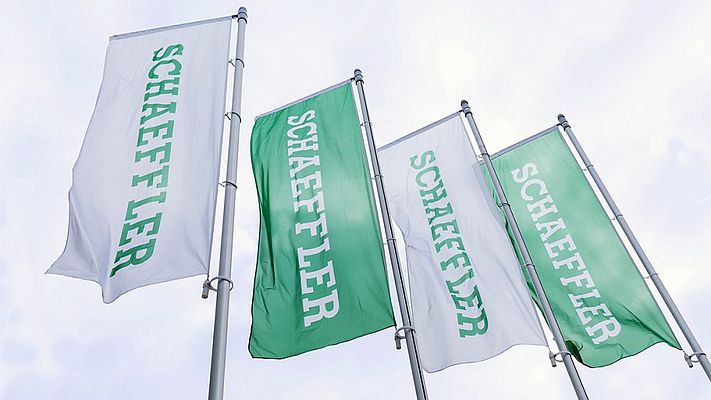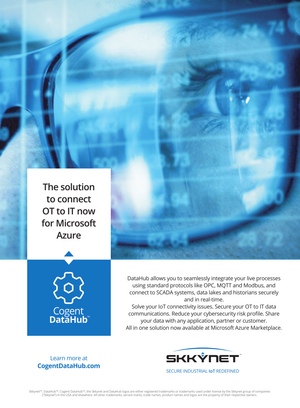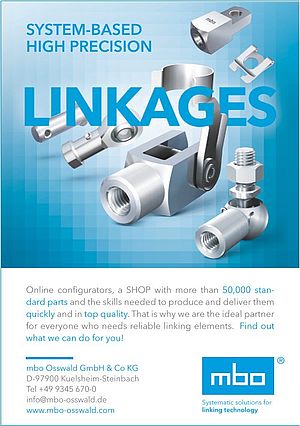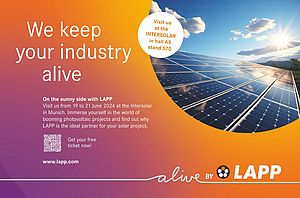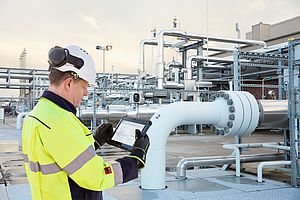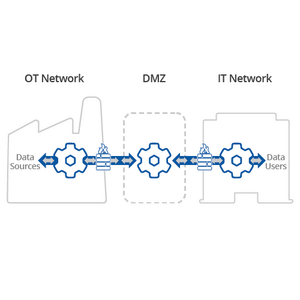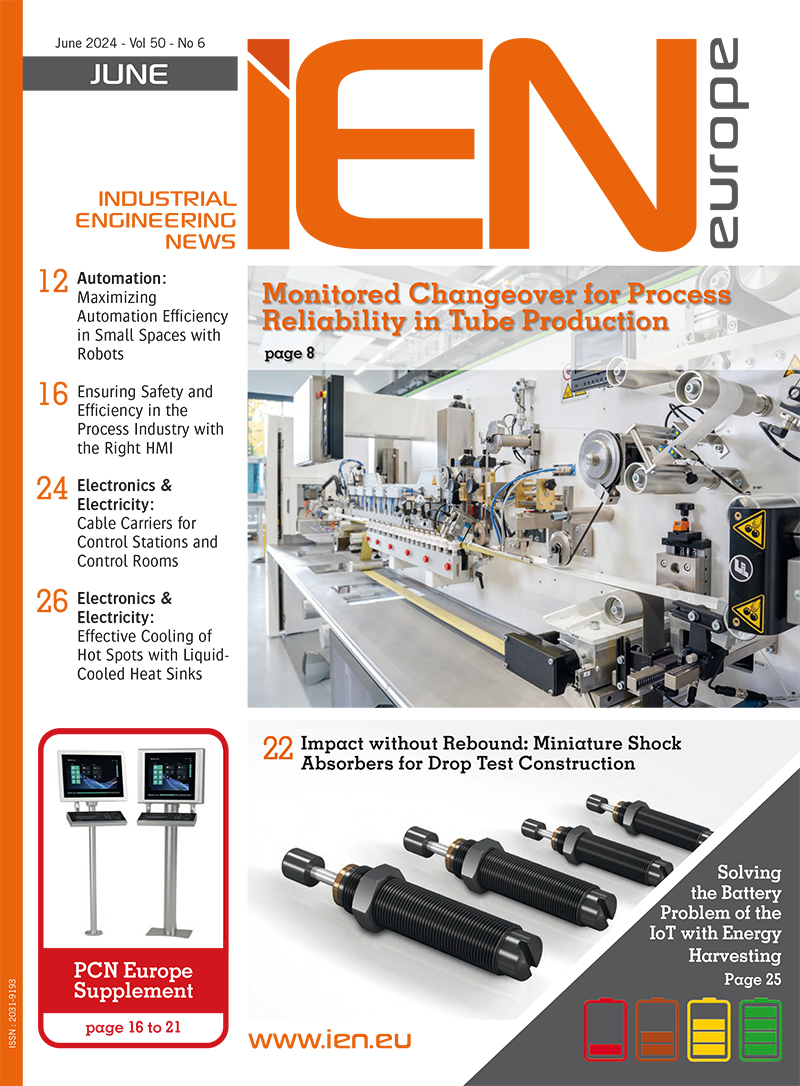Schaeffler AG announced the launch of the program RACE during its annual press conference. The program was designed to sustainably increase the Automotive OEM division’s efficiency and optimize Schaeffler's portfolio. The abbreviation RACE stands for “Regroup Automotive for higher Margin and Capital Efficiency”. Within Schaeffler AG’s Board of Managing Directors, responsibility for the program rests with Matthias Zink, CEO of the Automotive OEM division. Like the approach taken in the Industrial division’s program CORE, RACE consists of three stages. The initial stage of the program, which started on January 1, 2019, covers the next 18 to 24 months.
The program was made necessary by a number of external and internal factors that had significantly weakened the division’s EBIT margin before special items for 2018.
Improve Automotive margins
To address these, the overriding goal of RACE is to sustainably improve the margin over the next three to four years and to generate an EBIT margin percentage in the high single digits going forward.
The division plans to achieve this margin improvement by a collection of measures focused on six earnings levers: (1) optimizing the footprint in Europe, (2) optimizing the business portfolio, (3) consistently reducing overhead costs, increasing (4) R&D efficiency and (5) capital efficiency, and (6) sustainably improving order intake. The measures affect all four business divisions (Engine Systems, Transmission Systems, E-Mobility, and Chassis Systems) as well as the corporate functions internal and external to the division and will primarily impact Europe.
“Our RACE measures and decisions address the pressure on margins in certain product areas as well as the decline in gross margins,” Matthias Zink said. “At the same time, we want to further reduce the large extent to which we rely on the internal combustion engine while – being an innovative technology partner to our customers – utilizing the opportunities offered by the fields of hybridization and electrification much more extensively. Our discipline regarding cost and capital in that process will be much more rigorous. Additionally, we will reduce the number of products that generate low margins and expand the proportion of higher-margin products. Products that are being phased out or that do not generate sufficient returns will be reviewed closely. We will also allocate our R&D expenditures and our capital in a manner ensuring that high-return products and system solutions as well as strategic future-oriented areas such as E-Mobility and autonomous driving will benefit the most.”


